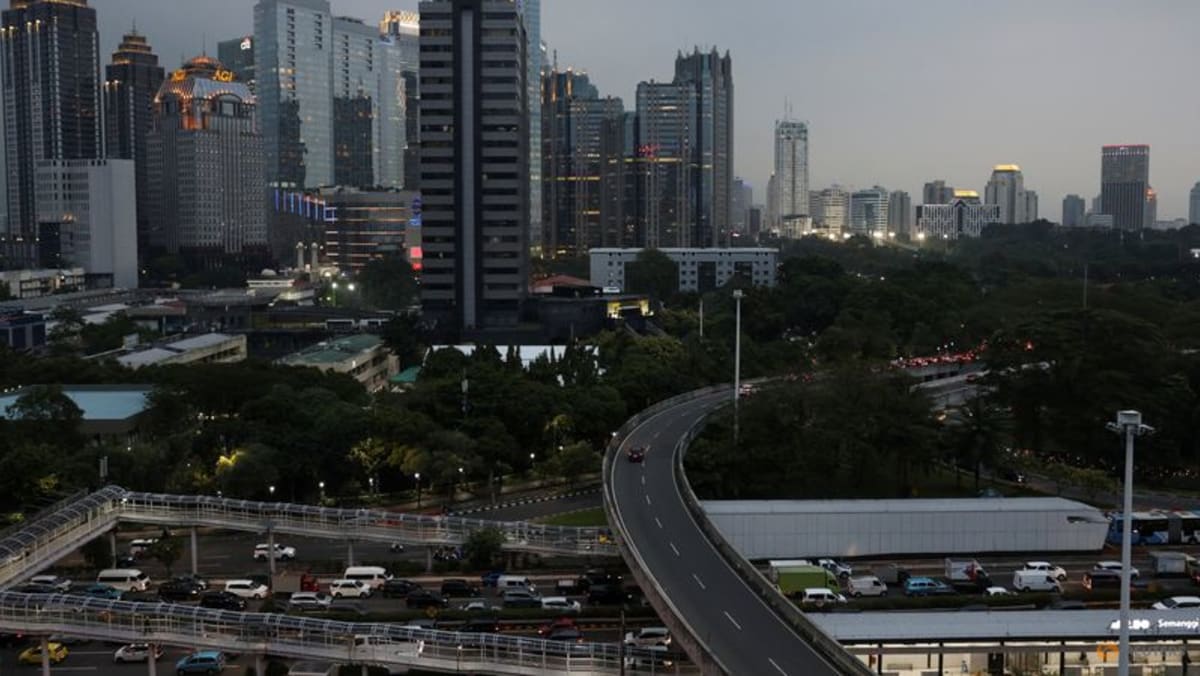South Africa Abandons VAT Hike: A Relief for Consumers and Businesses

In a surprising turn of events, South Africa's finance ministry announced on Thursday that the planned increase in value-added tax (VAT), originally slated for May 1st as outlined in the 2025 budget, has been withdrawn. This decision comes as a welcome relief for both consumers and businesses across the nation, who were bracing for the added financial burden.
The initial proposal to raise VAT sparked considerable debate and concern. Economists warned of potential inflationary pressures and the disproportionate impact on lower-income households, who spend a larger percentage of their income on essential goods and services. Businesses, particularly small and medium-sized enterprises (SMEs), expressed worries about reduced consumer spending and potential declines in sales.
While the finance ministry hasn't explicitly stated the reasons behind the sudden reversal, speculation points to a combination of factors. These include mounting public pressure, potentially negative impacts on economic growth, and ongoing discussions within the government regarding alternative revenue-generating strategies. The government is likely reassessing its fiscal policy in light of the current economic climate, which is characterized by high unemployment and persistent inflation.
What Does This Mean for Consumers?
The immediate impact is a reprieve from higher prices on a wide range of goods and services. Consumers can expect to continue paying the existing VAT rate, which will help to preserve their purchasing power. This is particularly significant for vulnerable households who rely on fixed incomes.
Impact on Businesses
Businesses, especially SMEs, are likely to welcome the news. The avoidance of a VAT increase removes a significant uncertainty and allows them to focus on growth and expansion. It’s anticipated that consumer spending will remain more stable, supporting business activity and potentially leading to increased investment.
Looking Ahead: What's Next for South Africa's Finances?
The withdrawal of the VAT hike raises questions about how South Africa will address its fiscal challenges. The government will need to identify alternative revenue streams and implement measures to control spending. This could involve exploring other tax adjustments, improving tax collection efficiency, or pursuing economic reforms to stimulate growth.
The decision to abandon the VAT increase demonstrates the government's responsiveness to public concerns and its willingness to adjust policy based on economic realities. However, it also underscores the ongoing challenges facing South Africa as it strives to achieve sustainable economic development and improve the living standards of its citizens. The coming months will be crucial in determining the government’s strategy for navigating these complexities and ensuring a stable and prosperous future for the nation.
Analysts will be closely watching for further announcements regarding the government’s fiscal plans and the measures it intends to take to address the country’s economic challenges. The focus will likely be on identifying sustainable and equitable solutions that support both economic growth and social well-being.






